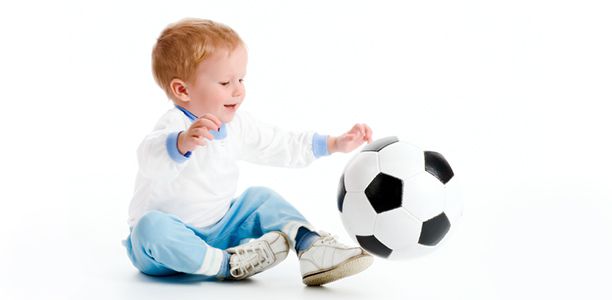Victoria University researcher Nir Eynon was part of an international panel of experts who have dismissed claims that current genetic testing of children can identify sporting prowess and ability.
Writing in the British Journal of Sports Medicine, the group found a lack of scientific evidence that current genetic testing can identify young athletes for sporting talent.
The study – which involved 22 scientists from fields as diverse as genomics, exercise science, sports performance and anti-doping – found the evidence was too weak to back the growing use of widely available do-it-yourself commercial tests.
Researchers involved also expressed concerns that the limited knowledge on the genetics of sports performance is sometimes being misused for commercial gain.
That growth of do-it-yourself genetic tests, which claim to be able to spot children’s athletic prowess or tailor training to maximise performance, has almost doubled in the past two years.
The panel looked at the availability of do-it-yourself genetic tests and found 39 companies marketing tests associated with sport or exercise performance or injury. This is almost twice as many as in 2013, when a similar review found 22 companies marketing the tests.
Anyone willing to pay the cost and send a sample for lab analysis can request one of these tests.
Dr Eynon, an Australian Research Council Early Career Fellow and a lead researcher at Victoria University’s Institute of Sport, Exercise and Active Living, said the science of genomics – the study of genes and their functions – had advanced significantly over the past decade.
However, the ability of scientists to interpret genetic test results was still at a relatively early stage due to the complexity of the human genome.
Dr Eynon pointed to Victoria University’s Gene SMART study which aims to identify the genes responsible for muscle adaptions in response to high-intensity exercise training.
“The research in this field is in its infancy and studies, such as Gene SMART have been established to try to tackle the problem and to offer solutions based on current state-of-the-art technologies,” Dr Eynon said.
“We are enrolling more than 250 people to tightly controlled training and diet, to see who is responsive to training.”
(Source: Victoria University, British Journal of Sports Medicine)










